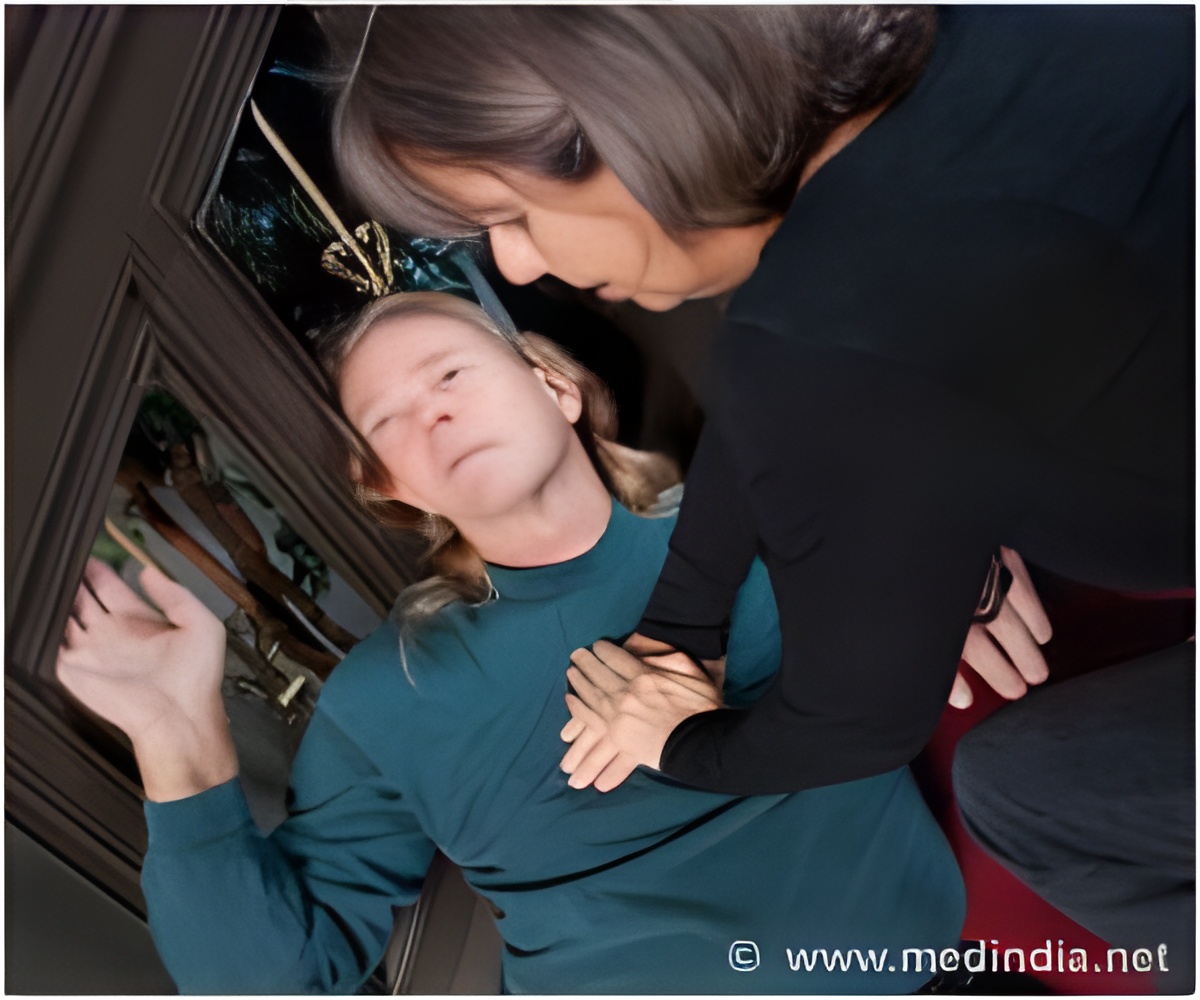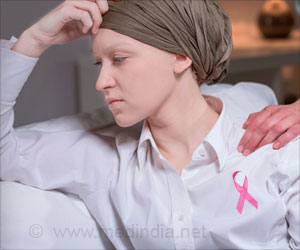Caretakers of heart failure patients who receive heart pump using left ventricular assist device (LVAD) face certain difficuties like mental stress and physical strain.

‘Caregivers of heart failure patients face certain difficulties when the patient receives heart pump using LVAD.’





The American Heart Associations' scientific statement on LVAD patient selection notes that adequate social support is crucial for the success of LVAD therapy, and many centers require patients to have a designated primary caregiver (i.e., unpaid family member or friend) to help them manage their condition.Researchers found caregiver strain worsens immediately after implant and then returns to pre-implant levels over six months, but does not further improve. The quality of the patient-caregiver relationship was associated with better outcomes for both, and may be a target for future interventions.
The greatest sources of strain for LVAD caregivers in this sample were time constraints (no time for self-care or other obligations) and compromised social life, followed by physical strain.
The study is one of the first to examine how the patient-caregiver relationship may influence both patient and caregiver outcomes.
"As cardiologists using heart pumps to support this extremely sick group of heart failure patients, we sometimes neglect the impact of our therapies on caregivers and families. This clearly shows how these advanced therapies affect caregivers, and that the relationship of the patients to their caregivers can alter outcomes," said JAHA Editor in chief Barry London, M.D., Ph.D., who is also Director of Cardiovascular Medicine at the University of Iowa Carver College of Medicine.
Advertisement
Advertisement















